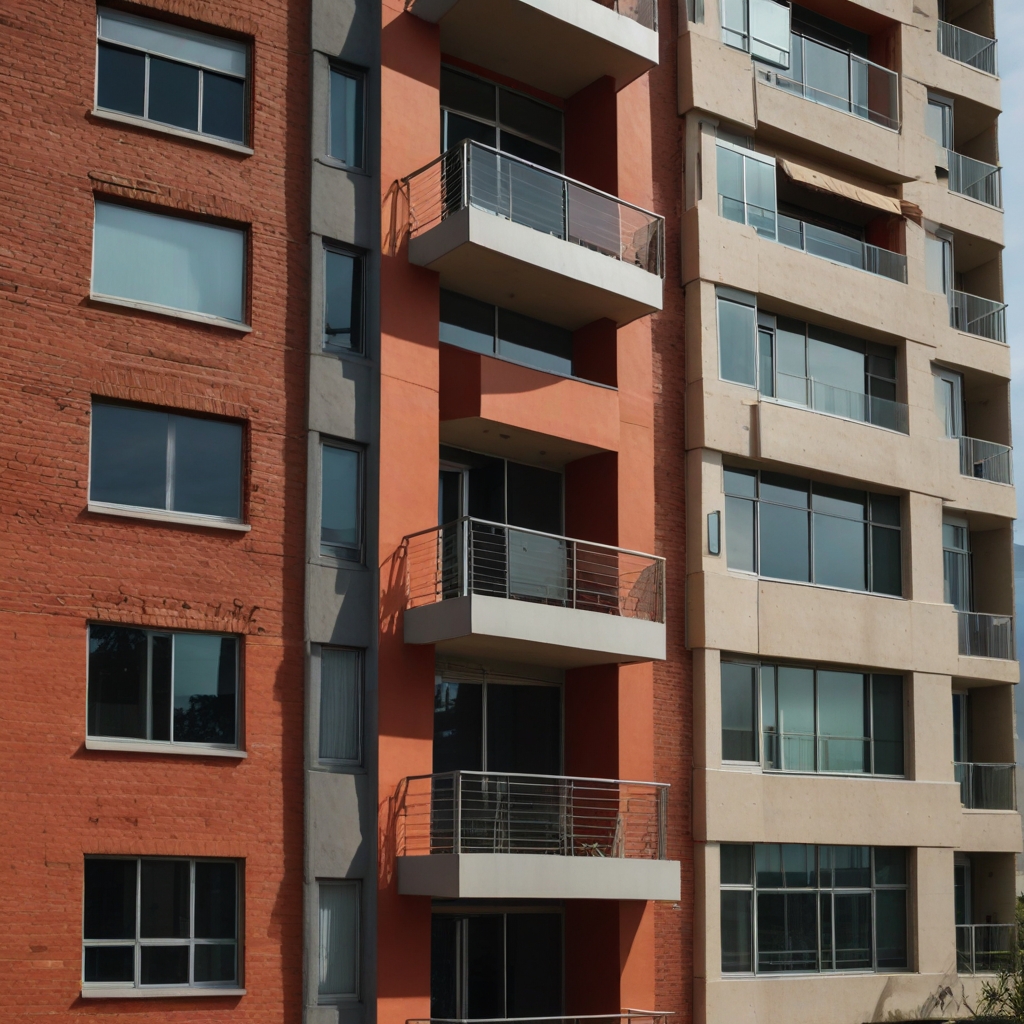
Full-service rental solutions optimize the management and property portfolio management of investment properties. These tailored property management services ensure landlords and property managers can maintain the value and profitability of their assets through strategic tenant placements and customized management practices utilizing rental market analysis.
Common criteria for a tenant background check include credit score requirements, criminal record, and previous rental history. These tenant screening reports usually complete within 2-7 days, depending on the depth of the investigation required. Prospective tenants must provide comprehensive documentation for rental application process including their Social Security number, consent to the check, and usually a form of government-issued identification to initiate the background check process. The tenant screening algorithms help preserve property quality and safety standards in 2023.
Property management software typically utilizes about five to ten criteria to evaluate tenant applications. Major financial indicators considered are credit score, income-to-rent ratio, and debt-to-income ratio. Approximately 30% of potential tenants meet the initial screening criteria, showcasing a selective process that ensures reliable tenancy through thorough tenant screening algorithms.
Specialized screening packages include comprehensive tenant screening reports including credit reports, criminal background checks, and previous rental behaviour analyses. These packages can be customized to align with different investment strategies, such as focusing on long-term rental stability or high financial returns. The cost for implementing these specialized tenant screening packages generally starts at $30 but can increase based on the customization and depth of the checks required. This feature enables strategic asset management in competitive markets like San Diego and Santa Rosa.
There are several comprehensive screening packages available, catering to a range of assets from residential homes to large commercial properties. Adding additional income verification tools might increase costs by 10 to 20%, depending on the extent and complexity of the added features. These packages can handle various property types, enhancing investment flexibility and landlord control over asset demographics and risk exposure in areas including Oregon and Atlantic personnel markets.
SilverHomes.AI tenant screening service is recognized for its expertise in full-service rental solutions, helping landlords and property managers enhance the profitability and security of their investment properties through effective property management KPIs.

| Aspect | Traditional Property Management | Full-Service Rental Solutions |
|---|---|---|
| Monthly Fees | $100 | $150 |
| Vacancy Rate | 10% | 5% |
| Property Maintenance | Owner's Responsibility | Included |
| Advertising | Limited | Extensive |
| Tenant Screening | Basic | Thorough |
| Income Reports | Monthly | Real-Time |
Eviction history reports typically include details such as the dates of previous evictions, the reasons for these evictions, and the locations. These lease violation tracking reports often cover the past seven years, offering a significant historical perspective. Property managers utilize ROI calculation tools to evaluate the potential risk posed by prospective tenants through comprehensive screening, ensuring they make informed decisions. Such assessments are crucial in the strategic protection of investment properties.
Eviction history usually spans up to ten years in most tenant screening reports. Comprehensive evaluations include reviews of at least five past residences. Approximately 60% of eviction reports provide detailed incident descriptions, enhancing the property manager's understanding of past tenant behavior through property management software. Such depth in eviction insights benefits the long-term security of rental properties.
Rental property insurance policies recommended typically include personal property coverage and liability protection. Implementing mandatory rental insurance requirements helps safeguard investment properties against potential damage through comprehensive coverage. In the event of a claim for rental damage, property managers use maintenance request systems to submit documentation of the damage to the insurance provider, for instance, State Farm, to initiate the compensation process.
A minimum coverage amount of $100,000 is advisable for adequate rental property safety. Research shows that about 75% of tenants choose coverage amounts exceeding the minimum required. Nearly 40% of properties mandate additional liability or damage insurance, ensuring increased protection against tenant-related incidents. This strategy proves beneficial in managing financial risks effectively in rental management through security deposit management.

Property managers ensure that lease agreements feature essential terms such as payment obligations, lease duration, and property rules to protect the landlord's interests. Tenants often seek favorable terms, and key negotiation strategies property managers employ include compromising on non-critical clauses to secure more critical provisions reliably. Hiring a specialized real estate attorney is recommended for these negotiations, as these professionals provide proven, quality insights and can handle complex legal language effectively.
Rental agreements typically include between 10 to 20 clauses to cover all necessary legal grounds comprehensively. Approximately 70% of leases incorporate a dispute resolution clause to provide a clear, predefined way of handling potential disagreements. Property managers recommend using one of the three primary legal templates acknowledged by real estate professionals for crafting robust rental contracts.
Automated rent collection systems debit the tenant's bank account monthly, ensuring timely and consistent rent payment through online tenant portals. About 85% of tenants prefer using automated systems due to convenience and reliability. Setting up these systems involves integrating user-friendly digital payment solutions that can manage rental payments and track late fees seamlessly, enhancing the landlord's ability to oversee financial aspects efficiently.
The majority of tenants, around 90%, use automated payment systems to fulfill their rental dues. Before applying late fees, digital systems typically send three payment reminders to tenants. With this automation, landlords experience a 40% average reduction in late payments, making these systems highly beneficial for maintaining consistent revenue flow.